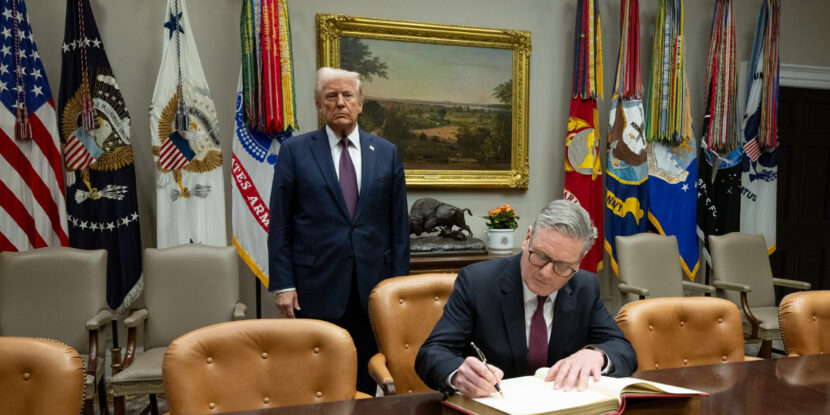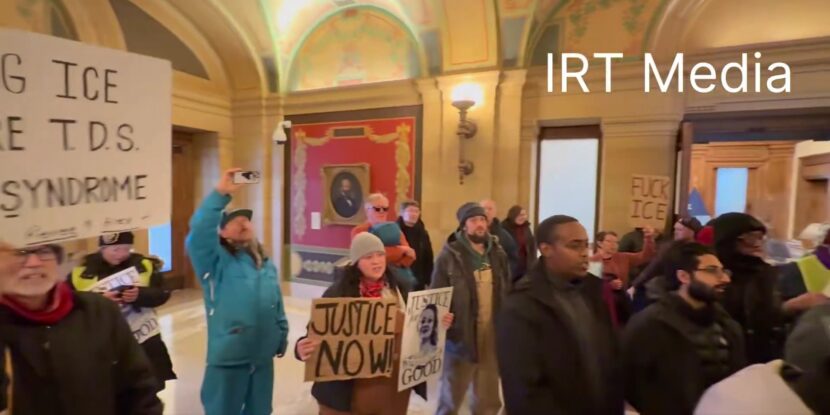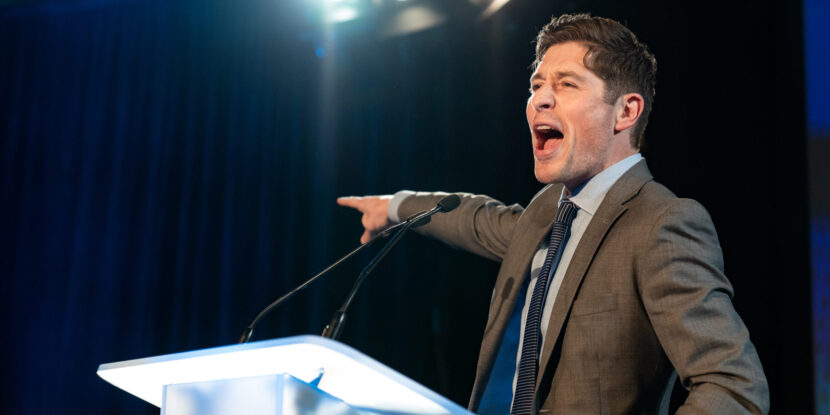PULSE POINTS:
❓What Happened: The British government has committed to increasing defense spending to three percent of GDP by 2034, with an interim target of 2.5 percent by April 2027.
👥 Who’s Involved: Defence Secretary John Healey, Prime Minister Sir Keir Starmer, former international development minister Anneliese Dodds, President Donald J. Trump, and NATO Secretary-General Mark Rutte.
📍 Where & When: NATO meeting scheduled for next month in The Hague, Netherlands.
💬 Key Quote: John Healey stated, “It allows us to plan for the long term. It allows us to deal with the pressures.”
⚠️ Impact: The increase in defense spending will be offset by cuts to foreign aid, and follows a pressure campaign from President Trump to have European NATO members pay more towards their continent’s defense.
IN FULL:
The British government has committed to raising defense spending to three percent of GDP by 2034, with an interim target of 2.5 percent by April 2027, according to Defence Secretary John Healey. Healey, of Prime Minister Sir Keir Starmer’s Labour Party, described the move as part of a “certain decade of rising defence spending” and expressed confidence in meeting the targets, stating, “It allows us to plan for the long term. It allows us to deal with the pressures.”
The announcement follows Prime Minister Starmer’s earlier pledge to strengthen Britain’s resilience in a “more dangerous world.” The British government is conducting a strategic defense review (SDR) to assess the roles, capabilities, and reforms needed for the armed forces. The review aims to ensure that the spending increases remain “deliverable and affordable” within the planned 2.5 percent trajectory.
Funding for the defense budget boost will come from a reduction in foreign aid, which will be cut from 0.5 percent to 0.3 percent of gross national income (GNI). The decision, which has angered many in Starmer’s leftist party, follows pressure from U.S. President Donald J. Trump to make European NATO members pay more towards their continent’s defense.
NATO leaders are preparing to meet in The Hague next month, where defense spending is expected to dominate discussions. NATO Secretary-General Mark Rutte, speaking earlier this month in Dayton, Ohio, suggested that the alliance could agree on a collective target of five percent of GDP for defense spending.




















